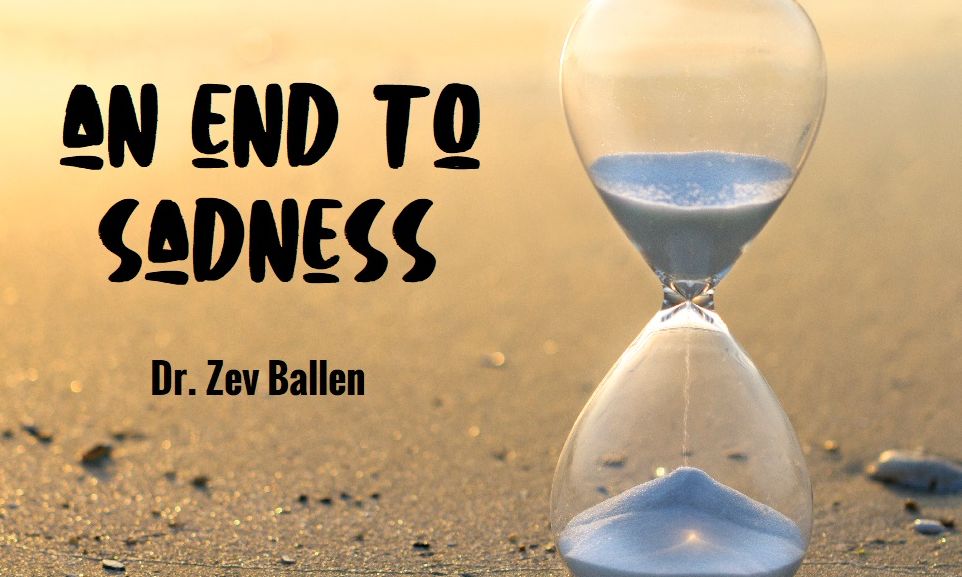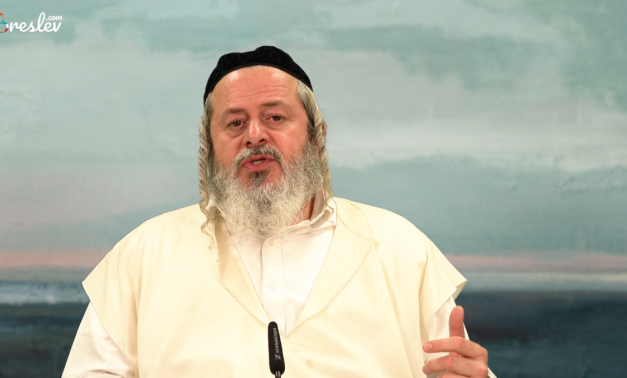
An End to Sadness
It would seem logical to conclude that life's periodic traumas – from unemployment to disappointment - certainly could be called “root causes” of sadness – but they aren’t....

Everyone knows what it feels like to be sad from time to time. It’s certainly no picnic. The feeling of sadness is so painful that people will do almost anything to escape from the horrible feeling. What do you do when you feel sad? Some people plan a vacation or at least go to a restaurant. Others will go out and buy some new clothes or the latest electronic gadgets. Others will call a friend and tell that friend what they think made them sad.
But how much relief do people get from these things? Not much. Even if your friend is a good listener and tells you all about your wonderful qualities and how your life is really so blessed and you have so much to be grateful for. Why don’t these things alleviate sadness?
Think of it this way: if the root cause of a person’s sadness is that he or she hasn’t been on a good vacation lately or he must have a new computer or new blouse, or he just needs to be reminded how blessed he is, then these methods would remove his sadness. But thinking that situations and events such as these are the real cause of sadness is looking at things in a very limited way.
You might say that the above examples are too mild. Is getting fired from your job or losing a lot of money a root cause of sadness? How about bad news like declining health, divorce, incarceration or having your house vandalized and robbed? It would seem logical to conclude that events such as these certainly could be called “root causes” of sadness – but they aren’t.
The true reason why people get sad is that they don’t know who they are. They are not living in alignment with their real eternal selves. If they would be, they would never be sad.
Sadness comes from not knowing the truth of who you are, and all negative feelings come from this one ignorance. When a person finds his ultimate, eternal self (what Rabbi Nachman of Breslev calls his “Good Point”), and starts to expand its goodness and light, he’ll never be sad. Psychology doesn’t recognize that the inner-most essence of a person is completely whole and perfectly good and that the person’s deepest wish is to only do good. Psychology tries to remove the darkness of sadness and depression without replacing it with the light of knowing your eternal self – but only light can remove darkness.
Rabbi Nachman of Breslev said: “There is no place for despair in the world.” How could he say such a thing? It’s because he understood the root cause of sadness much better than psychologists do. He says that the root cause of sadness comes from feeling that there will be an end point to our lives. When  untoward events occur that cause us to lose something, like a job or a relationship, they remind us of the biggest loss that we worry about losing, which is our lives.
untoward events occur that cause us to lose something, like a job or a relationship, they remind us of the biggest loss that we worry about losing, which is our lives.
If we believe that death is only a change of address, we don’t get sad because we sense our eternal selves and the more we connect to the purity, love, joy and permanence of our eternal selves, the more grounded we feel and the less we despair about temporal events. With practice, we can radiate this light of truth into the world wherever we go.










Tell us what you think!
Thank you for your comment!
It will be published after approval by the Editor.